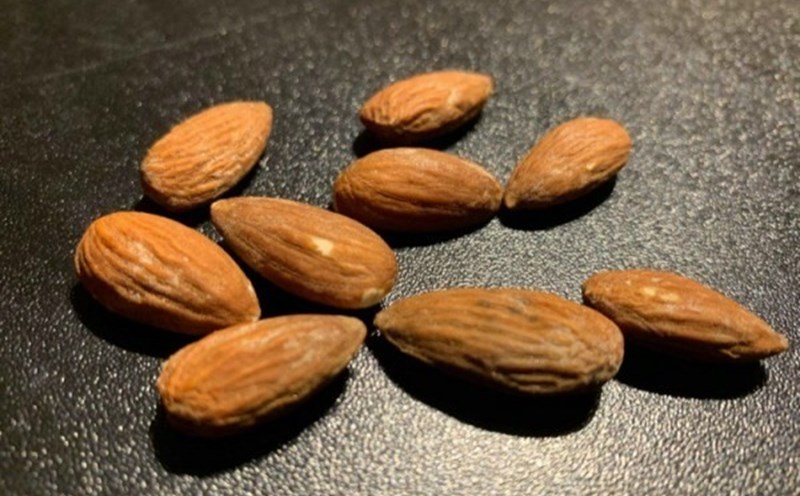According to the United States Department of Agriculture (USDA), 100g of ripe jackfruit contains about 1.72g of protein. This amount of protein is higher than many common fruits such as bananas (1.09g) or apples (0.26g).
Although the protein content in jackfruit cannot be compared to meat, eggs or beans, for vegetarians or those on a plant-based diet, jackfruit can be a supplement to support muscle mass maintenance and metabolism. The World Health Organization also encourages the consumption of diverse sources of plant protein to ensure nutritional needs and prevent chronic diseases.
In addition to the ripe jackfruit bag, jackfruit also contains a significantly higher amount of protein. Research shows that jackfruit seeds contain about 5.3g of protein per 100g. jackfruit is also rich in leucine and lysine two essential amino acids that are important in protein synthesis and muscle development.
In particular, in the context of climate change and the need to enhance global food security, the Food and Agriculture Organization of the United Nations (FAO) has mentioned jackfruit as a "future superfood", not only because of its good growth ability but also because of its diverse nutritional value, including protein.
Although not a major source of protein, jackfruit, especially jackfruit, is still a food rich in nutritional value, contributing to adding protein to a healthy diet. Therefore, housewives should consider adding jackfruit to their daily diet, especially taking advantage of the time jackfruit is ripe.
Maximizing the benefits of jackfruit, including the bags and nuts, is a good direction in the trend of sustainable and healthy eating.











